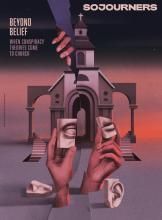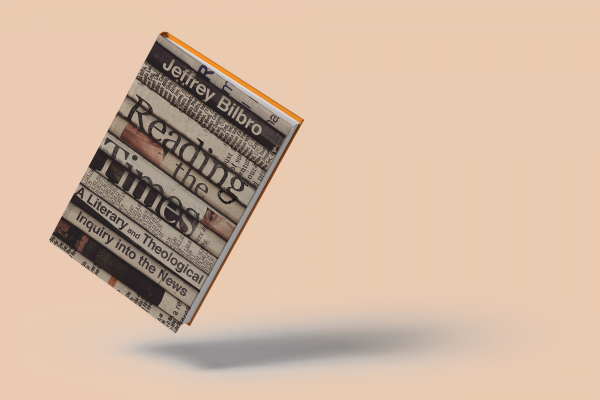UNTIL RECENTLY, I had a boss who kept CNN on all day in her office. I work in communications, so this made sense, but it made me wonder: How can we best consume the news? Does the news make us anxious and divide us? Or does it serve as a way to learn about the world and how we can better love and serve our neighbors? Though the evidence is mixed (we rarely have simple answers in life), Jeffrey Bilbro’s verdict on news consumption in Reading the Times is mostly negative.
Bilbro’s analysis suggests that modern media—understood broadly to include everything from newspapers to social media—divides our attention among trivia, binds us to the daily rather than allowing attention to the eternal, and diverts us from local, embodied concerns to national ones outside our scope of influence. His argument ranges broadly, integrating thinkers from Thoreau and Auerbach to the more modern Wendell Berry and Charles Taylor. The reader feels like they are in a college classroom, in a good way, with a professor who isn’t afraid to synthesize broadly to make their point.
Read the Full Article

